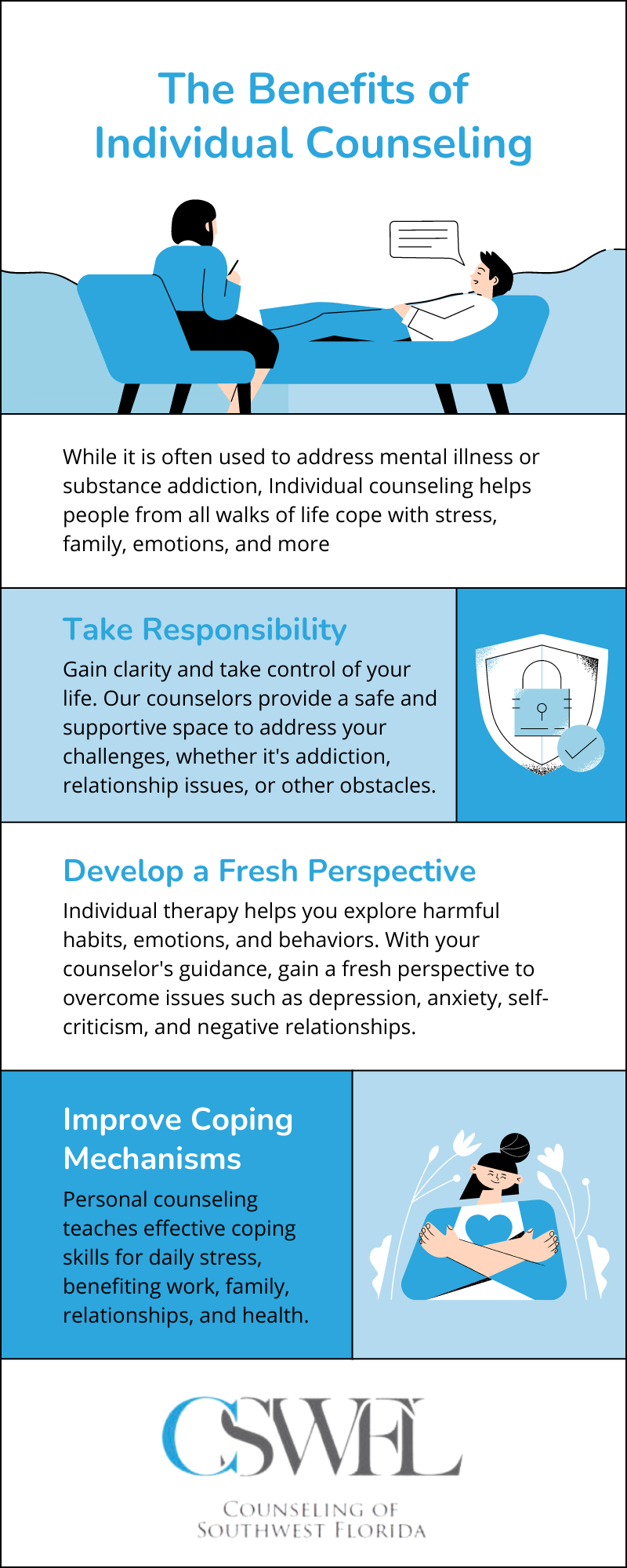Exploring the Advantages of Psychological Therapy for Teen Health and Development
Psychological treatment plays a critical function in the health and development of young adults. Teenage years is a turbulent duration noted by emotional and social challenges. Therapy offers an organized environment for teenagers to articulate their feelings and confront their struggles. It equips them with important tools for resilience and communication. As they navigate this developmental phase, the influence of treatment can be extensive. What specific benefits can emerge from such assistance throughout these developmental years?

Recognizing the Teenage Mind: Stress and obstacles
As teens browse the intricacies of their developing phase, they encounter countless obstacles and stress that can considerably affect their psychological health and wellness. This period is marked by significant physical, emotional, and social changes, which can generate sensations of complication and uncertainty. Peer impact escalates, usually bring about a battle for acceptance and identity. Academic assumptions can develop extra anxiety, as the pressure to excel places in a significantly affordable environment.
Moreover, the advent of social media sites presents a new layer of complexity, where contrasts to curated online identities can intensify sensations of insufficiency and anxiety. These elements can bring about psychological distress, consisting of anxiousness, depression, and reduced self-confidence. Recognizing these difficulties is essential for moms and dads, educators, and psychological health specialists, as it offers understanding into the teenage experience and highlights the need for encouraging interventions to cultivate strength and well-being throughout this crucial developing phase.
Producing a Safe Room for Expression
Producing a secure space for expression is crucial for adolescents steering their tumultuous developmental phase. In therapeutic settings, this atmosphere cultivates open dialogue, enabling teenagers to communicate their feelings without concern of judgment. Such spaces enable them to discover their emotions and ideas, which is essential for understanding their identifications and experiences.
When adolescents feel safe, they are most likely to share their battles, including stress and anxiety, anxiety, or interpersonal conflicts. This open interaction can result in deeper understandings and promote individual growth.
Furthermore, a safe area urges creative thinking and self-reflection, giving teenagers the freedom to reveal themselves with different electrical outlets, such as art or writing. Establishing depend on between the therapist and the teen is vital, as it underpins the performance of the restorative procedure. Eventually, producing a safe area for expression serves as a structure for psychological recovery and personal advancement during these developmental years.
Creating Coping Methods and Durability

Therapists usually present methods such as mindfulness, journaling, and problem-solving abilities, allowing teens to handle their reactions better. In addition, by involving in role-play situations, they practice exactly how to deal with difficult scenarios, strengthening their self-confidence. Gradually, these skills cultivate a sense of firm, furnishing teenagers with the devices to navigate life's unpredictabilities. The development of strength not only help in conquering immediate difficulties yet likewise lays the groundwork for healthier psychological actions in adulthood, eventually contributing to lifelong health.
Enhancing Communication Abilities
Effective interaction abilities are vital for young adults as they navigate complicated social landscapes. Psychological therapy plays a vital role in improving these abilities, allowing teenagers to share their feelings and ideas much more plainly. Via directed sessions, specialists urge teens to verbalize their sensations, facilitating much better understanding in peer communications and family members dynamics.
Additionally, treatment gives a safe area for practicing energetic listening, compassion, and assertiveness. These abilities encourage young adults to participate in meaningful conversations, resolve disputes, and develop more powerful partnerships. As they find out to connect properly, they additionally gain confidence in their ability to advocate for themselves and their needs.
Additionally, improved communication skills contribute to emotional intelligence, permitting teenagers to recognize and react to the feelings of others. This holistic growth cultivates a supportive environment, ultimately promoting overall health and social integration. Through mental therapy, teens can cultivate these necessary skills for a healthier social experience.
Cultivating Individual Development and Self-Discovery
Fostering personal development and self-discovery in young adults includes a diverse method that encourages understanding of individuality. This process also emphasizes the importance of structure durability skills and boosting psychological awareness. With each other, these components produce a foundation for healthier, extra positive individuals as they browse their formative years.
Understanding Individual Identity
Just how do teens navigate the facility landscape of individuality as they venture for self-discovery and growth? Throughout this formative duration, they come to grips with numerous influences, consisting this contact form of peers, household, and societal assumptions. Mental treatment can work as an essential device, offering a secure space for expedition and representation. With guided discussions, teenagers can verbalize their sensations and thoughts, enabling them to understand their desires, ideas, and values. This procedure fosters a deeper recognition of their distinct identification, encouraging them to make informed options and create a sense of function. As they take part in self-discovery, they learn to embrace their uniqueness and browse challenges with higher quality, ultimately improving their general health and individual growth.
Building Durability Abilities

Enhancing Emotional Awareness
Enhancing psychological recognition is vital for teens maneuvering the complexities of teenage years, as it enables them to identify and recognize their sensations much more effectively. By involving in psychological therapy, teens find out to recognize their psychological actions and the triggers behind them. This process cultivates personal growth and self-discovery, allowing them to articulate their emotions and handle obstacles a lot more expertly. As teenagers establish emotional recognition, they cultivate empathy, enhance connections, and boost interaction skills. Furthermore, this enhanced recognition help in decision-making, aiding them browse social pressures and create a sense of identification. Ultimately, cultivating emotional recognition through treatment can lead to much healthier coping mechanisms and a more well balanced emotion, essential for thriving during these developmental years.
Building Healthy Relationships and Assistance Systems
While passing through the complexities of teenage years, building healthy and balanced relationships and support systems is crucial for teenagers. These links give emotional stability and a feeling of belonging, critical throughout this developing stage. Positive connections with peers, family members, and mentors can improve self-confidence and strength, enabling teenagers to navigate obstacles better.
Psychological treatment plays a crucial role in fostering these connections by furnishing teens with interaction and conflict-resolution abilities. Through therapy, they learn to share their feelings, understand different perspectives, and browse this site establish limits, which are essential for preserving healthy interactions.
Additionally, supportive networks motivate teens to seek assistance when needed, decreasing isolation and promoting mental wellness. When adolescents feel connected to their assistance systems, they are most likely to take part in useful actions and make informed decisions. On the whole, the farming of healthy relationships and assistance systems is crucial in promoting teenage health and personal development
Frequently Asked Concerns
How Do I Locate a Competent Specialist for My Teenager?
To locate a qualified specialist for a teen, one need to seek referrals from doctor, research study qualifications online, inspect reviews, and determine this hyperlink the specialist specializes in teenage issues, cultivating a helpful environment for development.
What Are the Prices Connected With Psychological Treatment for Teens?
The prices connected with psychological therapy for teens differ commonly, typically ranging from $50 to $250 per session. Insurance policy insurance coverage, gliding scale fees, and regional sources can affect price and ease of access for households looking for assistance.
How Frequently Should Teenagers Go To Treatment Procedure?
Young adults should ideally attend therapy sessions regular or biweekly, depending upon private demands. Regular sessions can cultivate a secure room for expression, while permitting specialists to monitor progress and adjust techniques properly with time.
Can Treatment Be Reliable for All Teenagers?
Treatment can be reliable for several teenagers, however private results vary. Elements such as personal circumstances, openness to the procedure, and the healing technique utilized all influence its effectiveness for each adolescent.
What Should Moms and dads Do Throughout Their Young adult's Therapy Process?
Parents need to proactively support their teenager's therapy procedure by preserving open communication, respecting discretion, participating in sessions if welcomed, and motivating their child's initiatives (Individual Teen Counselling). Comprehending and patience are essential as teenagers navigate their individual development journey
Psychological therapy plays a pivotal duty in the health and growth of young adults. By engaging in mental treatment, adolescents find out to acknowledge their emotional actions and the triggers behind them. Mental treatment plays a critical role in cultivating these connections by equipping teenagers with communication and conflict-resolution abilities. Teenagers must ideally go to therapy sessions regular or biweekly, depending on individual requirements. Parents must actively sustain their teenager's therapy procedure by maintaining open interaction, respecting privacy, attending sessions if invited, and urging their child's initiatives.